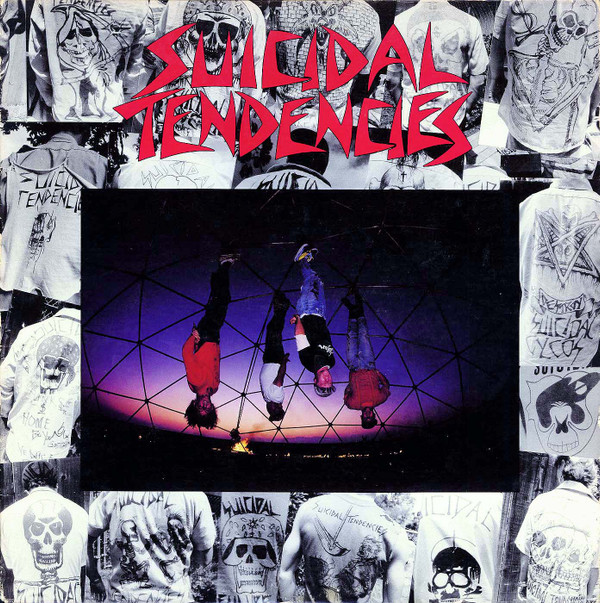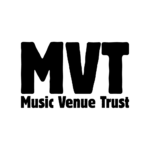Research
Savage Messiah Zine
I managed to track down a copy of the collected Savage Messiah zines (as referenced in lecture by Joseph Pochodzaj last week) published by Verso in 2011, and therefore gain a better insight into how Laura Oldfield Ford put them together, as well as getting a real sense of the narrative threads running through them and the black-and-white visual style used. In true punk style, they feature a monochrome mixture of collaged drawings, hand drawn type, illustrations, photography, clippings and typewritten text. I particularly like the way it looks rough around the edges, so it genuinely appears that the “master” copy of the zine was physically cut and pasted by hand to construct it. Overall, the pages look like something that could be photocopied multiple times and easily distributed/disseminated – a crucial feature of a zine.
In terms of the content, there are stories and memories of people, events and places retold in the first person, complemented – or sometimes juxtaposed with – illustrations and photographs.

Typographically, the angular, stylised design of the zine’s title bears more than a passing resemblance to the logo of Suicidal Tendencies, a seminal American hardcore punk band from California – a fact that’s perhaps hardly surprising, given the punk roots of the fanzine.
Thoughts of an Edinburgh Artist
This week I had an interesting discussion with a good friend of mine, SD, who is an Edinburgh-based musician. Through playing and performing in different bands over the years, she has been heavily involved in the local grassroots music scene. On explaining my intention to focus my research on the issues affecting it, her response was quite revealing – it seems the situation is actually even more dire than I had initially realised.
She explained that currently there is a severe lack of small venues in the city that support people at a grassroots level who will allow bands to perform and keep [at least some of] the takings on the door, meaning that for smaller acts without a big budget (unlike larger touring bands who are more established and have more money behind them), there is very little choice or accessibility. There is also the fact that the small number of venues that do exist are facing serious financial hardship. She additionally pointed me in the direction of a 2015 report for the City of Edinburgh Council, highlighting some of the challenges facing the live music scene in Edinburgh, via the Music Venue Trust.
Following this conversation, I reflected on the discovery of how difficult it is for musicians to even be able to play shows in the Scottish capital and make any money, never mind find a suitable venue to host them. I feel this is useful knowledge, giving some context to my research area. It also makes me even more determined to consider and figure out how I can use my design skills to highlight the challenges that the grassroots music scene in Edinburgh is currently facing – gentrification being just one of the factors at play. One reason being my awareness of the fact that even before the pandemic, small/independent venues were under pressure, but the added impact of recent lockdowns and subsequent periods of enforced temporary closures have been so severe that many are now struggling to survive as a (viable) business – as evidenced by need for the wide-ranging Save our Venues fundraising campaign, a crowdfunder held in support of UK grassroots music venues in 2020, led by the Music Venue Trust.
Music Venue Trust
The Music Venue Trust is “a charity which seeks to safeguard the future of the UK’s network of grassroots music venues. It provides specialist consultancy with experience of working in [other] cities where tensions around live music exist, including chairing the Mayor of London’s Music Venues Taskforce. MVT believes that grassroots music venues (small and medium capacity independent venues) have an important role to play in the cultural, social and economic life of the towns and cities in which they are located, at the same time placing a strong emphasis on the need for such venues to be responsibly and professionally run.” (Music Venue Trust 2015)
Independent Venue Week
The BBC 6music radio station, as a regular champion of live music, recently featured an event called Independent Venue Week – an annual, week-long “celebration of music venues around the country and a nod to the people that own, run and work in them, week in, week out.” (Independent Venue Week 2022)
This aims to highlight the wealth of incredibly passionate people and places in the UK providing vital spaces for live music events to take place, as well as being a haven for likeminded people – music fans – to meet and form communities.
Peer-led session 04/02/22
This week’s session was another useful exchange of ideas. We talked about different tools that have been useful for organising/planning, such as Miro, which I had not tried before. There was also a discussion about tools that my peers found practical for creating custom-made type, including Glyphs (Mac-based font software), Fontself (an Adobe Illustrator or Photoshop extension/plugin) and Fontlab (a font editor for PC & Mac).
References
DISCOGS. 2022. “Suicidal Tendencies.” Available at: https://www.discogs.com/master/18713-Suicidal-Tendencies-Suicidal-Tendencies [accessed 07/02/2022]
INDEPENDENT VENUE WEEK. 2022. Available at: https://www.independentvenueweek.com/ [accessed 04/02/2022].
MUSIC VENUE TRUST. Available at https://musicvenuetrust.com/ [accessed 04/02/2022]
MUSIC VENUE TRUST. 2015. “Report for City of Edinburgh Council:
The Challenges for Live Music in the City.” Available at https://musicvenuetrust.com/wp-content/uploads/2016/09/Music-Venue-Trust-Edinburgh-Report.pdf [accessed 04/02/2022]
POCHODZAJ, Joseph. 2020. “Social Change and UX” [online lecture]. Falmouth Flexible. Available at https://flex.falmouth.ac.uk/courses/1013/pages/phase-1-%7C-introductory-practice-case-studies [accessed 25/01/2022]
SAVE OUR VENUES. 2020. Available at: https://saveourvenues.co.uk/ [accessed 04/02/2022]





